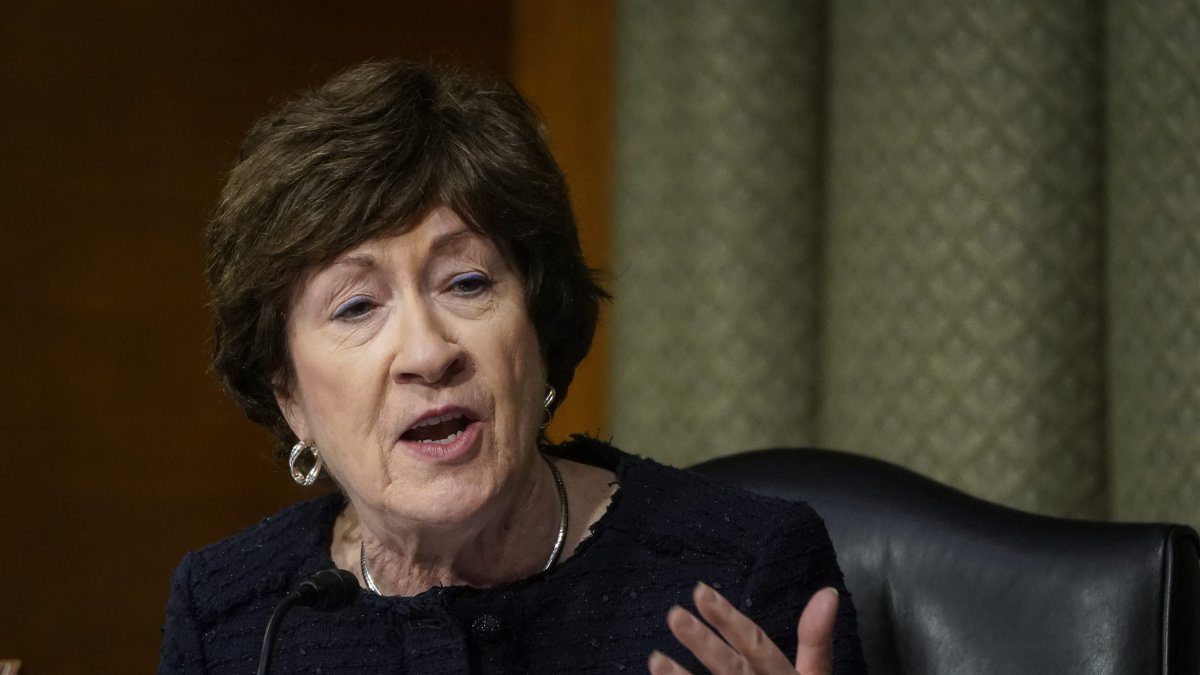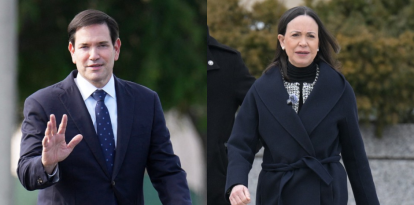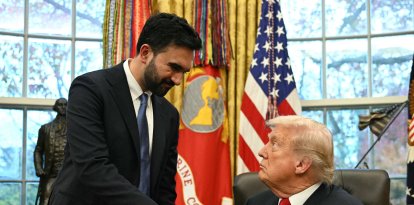Republican Susan Collins joins Democrats in challenging Trump's decision to withhold congressionally approved funding
Collins, along with a Democratic colleague, asserted that Trump does not have the authority to "pick and choose" which congressionally approved funds can or cannot be distributed.

Sen. Susan Collins in a file image.
Sen. Susan Collins (R-ME) officially became the first Senate Republican to challenge a budget decision by President Donald Trump.
In a surprise decision, Collins, chairwoman of the Appropriations Committee, joined top Senate Democrats in denouncing that President Trump does not have the authority to "pick and choose" which congressionally approved funds may or may not be distributed.
In a letter to the White House, Collins and Democratic Senator Patty Murray, the committee's ranking member, asserted that the Trump administration illegally refused to spend $2.9 billion approved by Congress.
Both senators described the memo Trump sent to Congress on Monday as troubling. In it, he stated that only a portion of the $12.4 billion designated as emergency funds in the legislation would be disbursed. According to the lawmakers, the president falsely claimed that the additional spending approved by Congress was not in response to urgent needs.
"Just as the president does not have a line-item veto, he does not have the ability to pick and choose which emergency spending to designate," the senators stated in the letter.
The senators pointedly wrote the law requires the Trump administration to spend all or none of the emergency funds, with no discretion for the president to decide what money to distribute.
"It is incumbent on all of us to follow the law as written — not as we would like it to be" they stated.
What does Trump's letter to Congress say?
In his notice, Trump said that many expenditures were "improperly designated by Congress as emergency," explaining that many of them went into a "side deal" negotiated between Republicans and Democrats in 2023 to exceed spending limits.
Trump's decision was backed up by a memo from Russell T. Vought, director of the Office of Management and Budget. Both Collins and Murray said they expect Vought to rectify his position and provide different advice to the president.



























